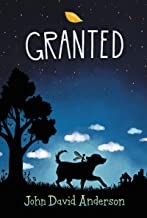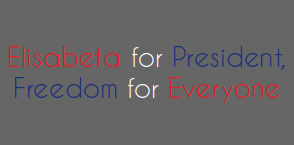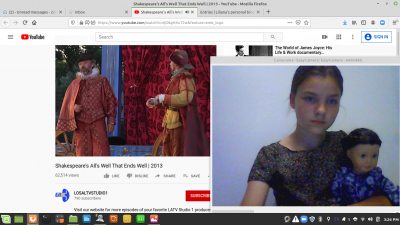While on a week-long camping trip, I took the opportunity to finally read "Defying Hitler," which I had been meaning to get around for quite some time.
Well, I finished it, and holy cow it was so good! I highly recommend it. (You can find it
HERE on amazon)
It follows the stories of roughly twenty or so Germans who defied Hitler, both men and women, Jews and non-Jews, ordinary citizens and military commanders, in their quest to resist the Nazis. Some want to assassinate Hitler, some wanted to have a military coup and remove Hitler and give him a trial, and still other thought it would be impossible to remove him. Regardless, they all were united in their efforts to resist.
It's a very easy, engaging read, almost like a novel. It is full of stories about people and crazy assassination attempts gone awry.
For example, there are three extremely memorable assassination attempts in the book, although there were tons more.
One time, a guy offered to be a suicide bomber. He had a bomb on a ten-minute fuse under his vest, and was showing Hitler around... I think it was a museum? and then Hitler left abruptly in the middle of the tour, and then the guy had like two minutes to dismantle the bomb in the bathroom before it blew him up. So Hitler survived that attempt because the bomb never had the chance to go off.
Another time, there was going to have been a bomb in a military meeting, except at the last minute, it was decided that junior officers couldn't attend, and because the man with the bomb was only a junior officer, he couldn't get into the meeting and blow up Hitler. So Hitler survived that plot as well.
And another time, a bomb was smuggled into a meeting in a suitcase, and a few minutes before it was going to go off, the man who brought it in left the building, and drove home, and the bomb went off. It totally destroyed the table, and completely shredded Hitler's pants, and wounded some of his officers, but Hitler was totally fine, only a few bruises. Well, and a ruined pair of pants. But Hitler survived that attempt as well!
And guess what, after the attempt that demolished Hitler's pants, he got on the radio to assure the German people that he was still alive and well. He said that his survival must be a sign from providence that he was meant to continue with his plans! So, that plan super back-fired!
However, in the end, almost none of the conspirators survived. Almost all of them (I think all but two, but I can't exactly remember) got executed or sent to the concentration camps. They had risked everything -their fortunes, their lives, their family's lives. And they still didn't succeed.
Which makes me wonder, if a ruthless dictator took over America and started doing what Hitler did, would I be brave enough to resist? Or would I be one of those who kept their heads down and waited for it all to blow over?
And how could Hitler take over a nation? Sure there were resistors, but not enough to prevent his taking power. Not enough to prevent a second world war. Not enough to prevent the mass murder of six million Jews.
Ultimately, I think Hitler could not have come to power and did what he did if:
(1) the German people had been classically educated, instead of trained on the conveyor belt.
(2) people had not been timid in their resistance but instead have acted decisively.
(3) people would not have let Hitler get little victories, like boycotting Jewish shops, and making Jews wear arm bands. Hitler had to do the little things before he could do the big things, like killing people in the concentration camps.
In conclusion, "Defying Hitler" was a really great book that was very thought-provoking, very fun to discuss, and highly relate-able to our world today.


